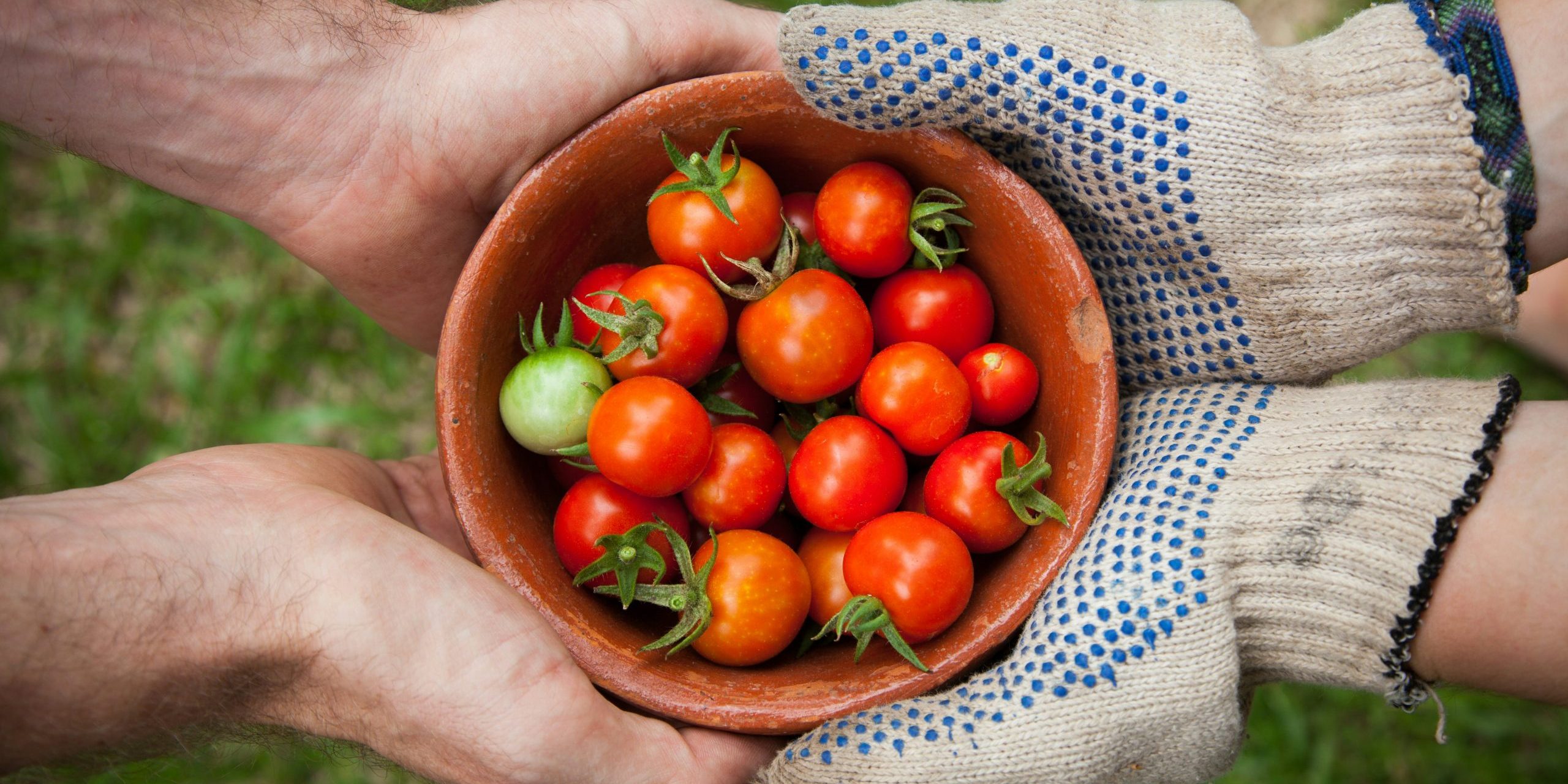An international consortium, commissioned by the European Commission’s Directorate-General for Climate Action (DG CLIMA), is examining several policy instruments to identify appropriate incentives to reduce greenhouse gas emissions from the agri-food sector and increase carbon sequestration from land uses. The consortium is made up of leading European research institutions such as Trinomics, Wageningen University and the Institute for European Environmental Policy (IEEP).
The research builds on a study published at the end of 2023 on the pricing of agricultural emissions and the rewarding of climate action in the agri-food value chain, further examining the policy instruments outlined therein from several perspectives. The current project seeks answers to the questions of how carbon trading can be implemented in this sector, how much emission reduction can be achieved with carbon farming measures, what impact they have on the competitiveness of the sector and market players, and how the green transition can be financed. Taking all this into account, the research aims to identify the most effective policy instrument and prepares the European Commission’s policy decisions for the period after 2027.
The consortium is supported by a stakeholder group of 45 members, selected through a call for proposals. From Hungary, the AKI – represented by Csilla Óvári – and the Hungarian Chamber of Agriculture (NAK) are participating in the work process. The stakeholder group held two online working group meetings during the autumn and met in person in Brussels on 3 December. The project will end in the summer of 2025.



 HU
HU




